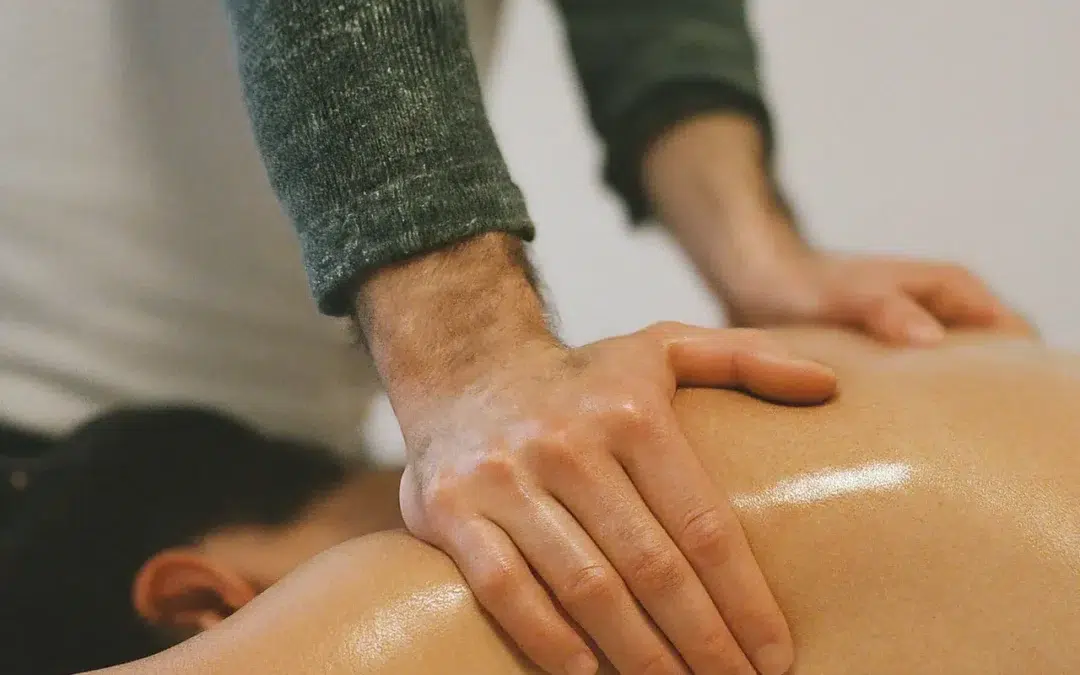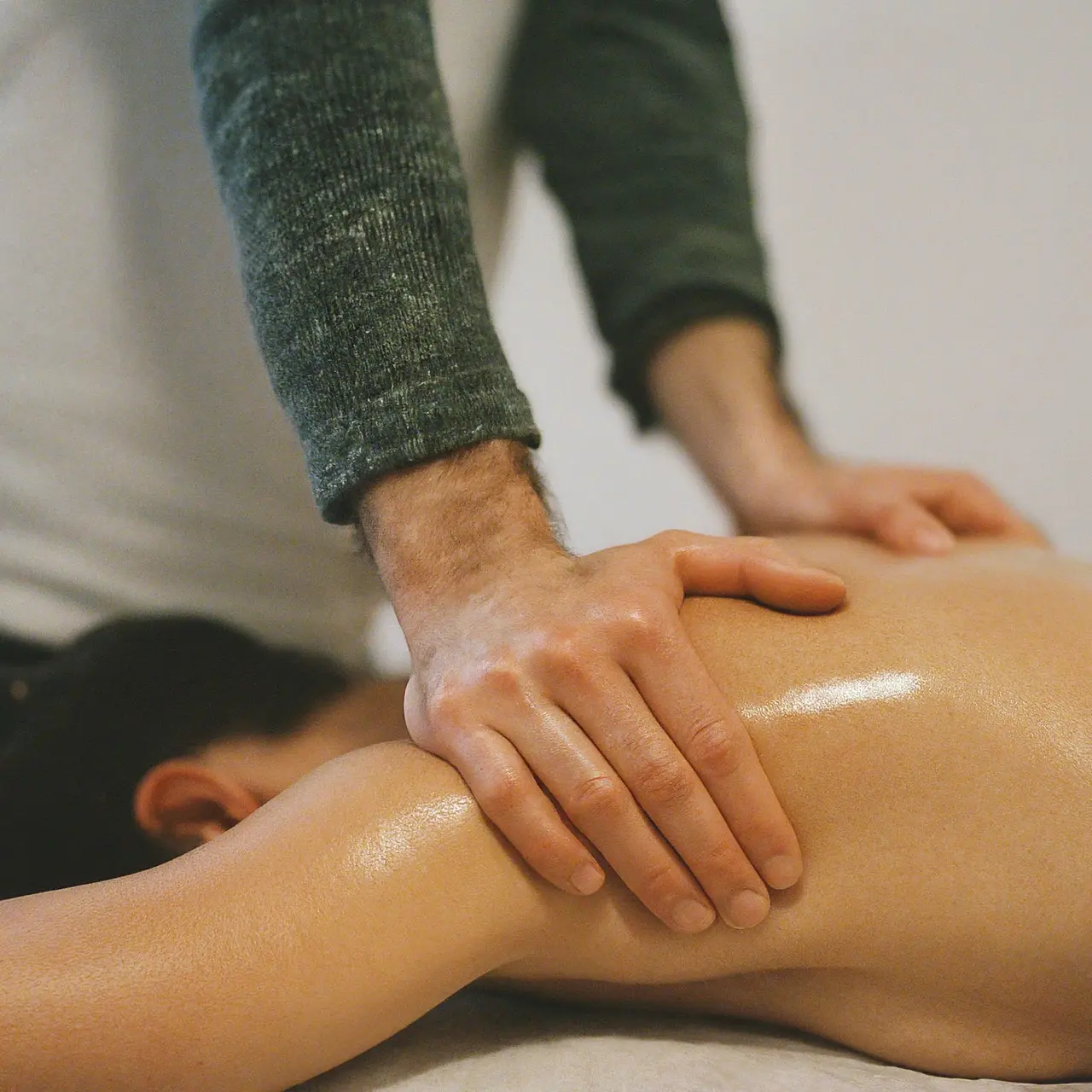In the world of high-performance sports, athletes constantly search for strategies to enhance their physical and mental well-being. Therapeutic bodywork emerges as a powerful tool in their arsenal, offering a plethora of benefits that go beyond mere relaxation. Let’s dive into how therapeutic bodywork can elevate an athlete’s game to the next level, making them more resilient, agile, and focused.
1. Enhanced Muscle Recovery
For athletes, the ability to recover quickly after intensive workouts or performances is crucial. Therapeutic bodywork plays a key role in this aspect by promoting the quick rehabilitation of muscles. Through various techniques like deep tissue massages, athletes can experience relief from muscle stiffness and soreness, accelerating muscle repair. This not only hastens their recovery process but also minimizes the downtime between training sessions, ensuring they can maintain a rigorous training regimen without undue delay.
The effectiveness of therapeutic bodywork in enhancing muscle recovery lies in its ability to boost blood flow to the affected areas. Increased circulation delivers essential nutrients and oxygen to tired musculature more efficiently, fostering an environment conducive to healing and regeneration. Moreover, this process effectively flushes out metabolic waste products that can accumulate during physical exertion, further aiding in the recovery and wellbeing of athletes.
2. Improved Flexibility and Range of Motion
Flexibility and range of motion are not only important for performance but also for the prevention of injuries. Therapeutic bodywork helps athletes maintain and even improve these aspects through techniques designed to elongate the muscle fibers and fascia. This is particularly beneficial as stiff, tight muscles can restrict movement and contribute to muscle imbalances – a common cause of injury among athletes. By incorporating bodywork therapies into their routine, athletes can enhance their flexibility, making their body more resilient and adaptive to the physical demands of their sport.
3. Pain Reduction and Management
Chronic pain or acute injuries can significantly impede an athlete’s performance and their quality of life. Therapeutic bodywork, through methods such as myofascial release and trigger point therapy, offers a non-invasive solution to pain management. These techniques work by targeting the underlying causes of pain, such as muscle knots and tension areas, providing relief and contributing to long-term healing. Regular therapeutic bodywork sessions can thus play a pivotal role in an athlete’s pain management strategy, allowing them to train and perform without being held back by discomfort.
4. Boosted Circulation for Better Performance
Optimal circulation is fundamental to peak athletic performance. Therapeutic bodywork enhances blood flow throughout the body, ensuring that muscles receive the oxygen and nutrients they need to function at their best. This not only improves performance during competition but also aids in prevention of fatigue, enabling athletes to sustain higher levels of exertion for longer periods. The benefits of improved circulation extend to the heart as well, as it doesn’t have to work as hard to pump blood, contributing to overall cardiovascular health.
5. Stress and Anxiety Relief
The mental aspect of sports is as critical as the physical. Athletes facing constant pressure to perform can find solace in therapeutic bodywork. Techniques like Swedish massage have been shown to reduce levels of the stress hormone cortisol, thereby alleviating stress and enhancing mood. This mental clarity and relaxation can translate into better focus and performance in their respective sports, as a calm mind is just as important as a fit body in achieving athletic excellence.
6. Strengthened Immune System
A robust immune system is vital for athletes, as illness can significantly impact training and competition schedules. Research indicates that regular therapeutic bodywork sessions can boost the body’s natural defense mechanisms. This immune system enhancement comes from the increased circulation and lymph flow that massage and other bodywork therapies encourage, facilitating the removal of toxins and bolstering the body’s natural immunity.
7. Enhanced Mental Focus and Clarity
Mental clarity and focus can make the difference between winning and losing. Therapeutic bodywork can clear the mind and sharpen an athlete’s focus by reducing mental clutter and anxiety. This heightened state of mental acuity allows athletes to make better decisions, react faster, and maintain a strategic edge over their competitors, demonstrating how crucial mental well-being is to sporting success.
8. Better Sleep Patterns for Optimal Recovery
Sleep is paramount for recovery and performance. Athletes who receive regular therapeutic bodywork report improved sleep quality thanks to its relaxing effects. Better sleep enhances recovery processes, hormone regulation, and can improve an athlete’s overall mood and energy levels, directly impacting their performance and resilience.
9. Injury Prevention through Regular Care
Preventative maintenance is key in any high-level athletic training program. Therapeutic bodywork keeps muscles, fascia, and other soft tissues in optimal condition, reducing the risk of strains, sprains, and other injuries. By addressing potential problems before they become serious, athletes can maintain a consistent training regimen and avoid unexpected interruptions to their training and competition schedules.
10. Improved Posture and Body Awareness
Lastly, the holistic approach of therapeutic bodywork helps athletes improve their posture and body awareness – critical components for any physical activity. Enhanced body awareness allows athletes to adjust their training and posture, leading to better performance and reduced injury risk. This heightened awareness not only benefits them during competition but also in daily activities, contributing to their overall health and well-being.


